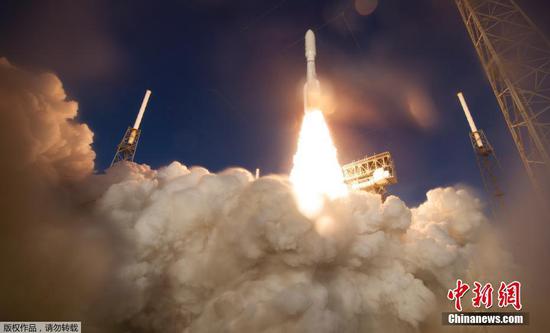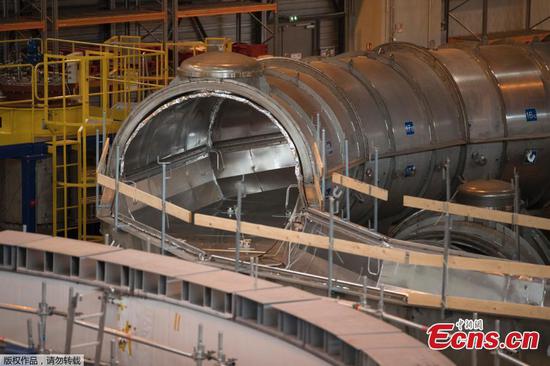China is expected to record a positive gross domestic product (GDP) growth this year by overcoming the COVID-19 pandemic at a fastest pace, a South Korean economic expert said.
"China's second-quarter GDP growth is 3.2 percent. If China's economy is normalized and its GDP rises between 6 and 7 percent in the third and fourth quarters, China's annual GDP growth rate would be in a range of 2.6-3.0 percent this year," Jeon Byeong-seo, director at the Institute of Chinese Economic and Financial Research, said in an interview with Xinhua.
China's GDP is expected to expand this year, he noted.
China's GDP expanded 3.2 percent year-on-year in the second quarter, according to data from the National Bureau of Statistics (NBS). It was a sharp rebound from the 6.8-percent decline in the first quarter.
It was in a stark contrast to the GDP downfall in other key economies. The U.S. economy plunged at an annual rate of 32.9 percent in the second quarter, and German GDP dropped 10.1 percent in the second quarter compared to the previous quarter.
"How to tackle the COVID-19 pandemic would be of significance as it is closely connected to the normalization of manufacturing factories and production," said Jeon.
"China is the very first country in the world that has stabilized the COVID-19 pandemic situation ... It would not be surprising to see China's fast economic recovery," he noted.
Jeon also credited China with the very early announcement of fiscal and monetary stimulus packages that became very important under situations that lots of countries conducted shutdowns and the cross-border trade got difficult to continue.
He noted that China's stimulus measures, which had never been seen before, have been effective until now and are forecast to have a bigger effect during the second half of this year.
"The United States and Europe are forecast to see negative GDP growth in 2020. China's contribution to the world's GDP has risen to the highest in recent years and is expected to go higher," said Jeon.
"While the global economy is expected to contract this year, China's economic growth would be of great significance to the world economy," Jeon noted.
For the South Korean economy, which heavily depends on China for its GDP growth, the Chinese economic growth rate in 2020 would have a significantly direct effect on South Korea's GDP, the expert forecast.
South Korea's real GDP, adjusted for inflation, retreated 3.3 percent in the second quarter from the previous quarter, after sliding 1.3 percent in the first quarter.
The country's export, which accounts for about half of the export-driven economy, sank 16.6 percent in the second quarter from three months earlier.
However, South Korea's export shrank 7.0 percent in July from a year earlier, marking the first single-digit reduction in four months after tumbling 25.5 percent in April, 23.6 percent in may and 10.9 percent in June respectively.
Export to China, South Korea's biggest trading partner, grew 2.5 percent in July from a year earlier, after increasing 6.9 percent in the previous month.
"Worry lingered over a second wave of COVID-19 pandemic in the world," said the expert.
He cautioned that even if China's production is to be normalized, it could face production disruption in the second half with the halt of production in countries, which provide raw materials to China, when the second wave of COVID-19 pandemic comes.


















































